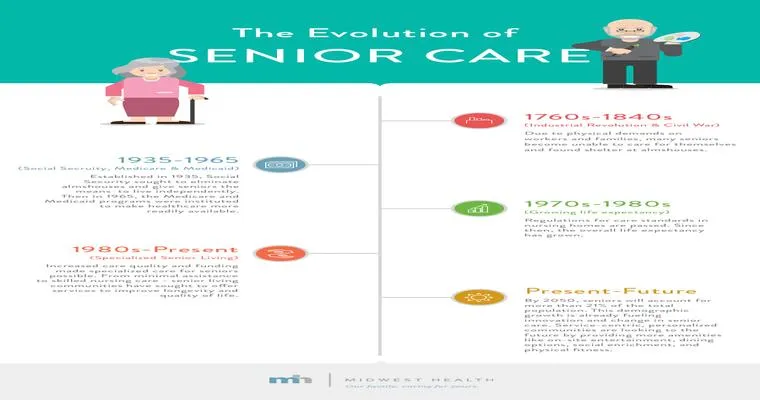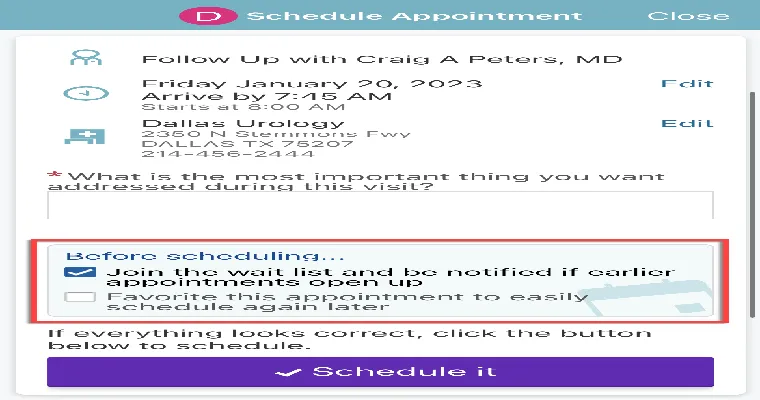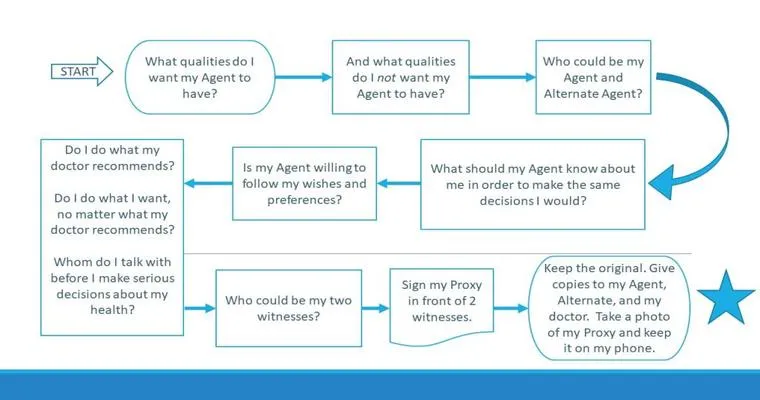Making "health care decisions" in a "senior living facility" is a critical process that involves various stakeholders, including residents, families, and healthcare providers. As individuals age, their medical needs often become more complex, necessitating informed and collaborative decision-making. This article explores the essential aspects of health care decision-making in senior living facilities, emphasizing the need for effective communication, understanding of resident rights, and the role of advance care planning.
One of the foremost considerations in health care decision-making is the "informed consent" process. In senior living facilities, residents should have the right to understand their medical conditions and treatment options. This means that healthcare providers must communicate clearly and effectively, ensuring that residents can make choices that align with their values and preferences. Informed consent not only empowers residents but also fosters trust between the residents and their healthcare team.
Another critical component is the involvement of "family members" in the decision-making process. Family members often play a significant role in advocating for the resident's needs and preferences. Open communication between families and healthcare providers can lead to better outcomes, as families can provide valuable insights into the resident's history, preferences, and overall well-being. It is essential that senior living facilities create an environment where families feel welcome to participate actively in care discussions.
Advance care planning is also vital in health care decision-making for seniors. This proactive approach encourages residents to express their wishes regarding future medical treatment and end-of-life care. By discussing options such as "do-not-resuscitate orders" and palliative care, residents can ensure that their preferences are respected even if they become unable to communicate them in the future. Senior living facilities should provide resources and support to facilitate these important conversations.
In addition to personal preferences, health care decisions may also involve considerations of "quality of life". Residents and their families must weigh the benefits and risks of various treatment options, taking into account how those choices will impact the resident's daily life and overall happiness. Healthcare providers in senior living facilities should be trained to help navigate these complex discussions, focusing on what matters most to the resident.
Furthermore, it is crucial to recognize the legal aspects of health care decision-making. Understanding "power of attorney" and "guardianship" can help ensure that the resident's wishes are honored. Designating a trusted individual to make decisions on behalf of a resident can alleviate stress during critical moments, ensuring that care aligns with the individual's desires.
Lastly, fostering a culture of respect and dignity is essential in health care decision-making within senior living facilities. Every resident deserves to have their voice heard and their choices respected. By prioritizing person-centered care, facilities can create a supportive environment where residents feel valued and empowered to make decisions about their health.
In conclusion, health care decision-making in a senior living facility is a multifaceted process that requires collaboration, education, and respect for individual preferences. By focusing on informed consent, family involvement, advance care planning, quality of life considerations, legal aspects, and a culture of dignity, senior living facilities can enhance the decision-making experience for residents. Ultimately, empowering seniors to make choices about their health care fosters independence, enhances well-being, and respects their individuality.





